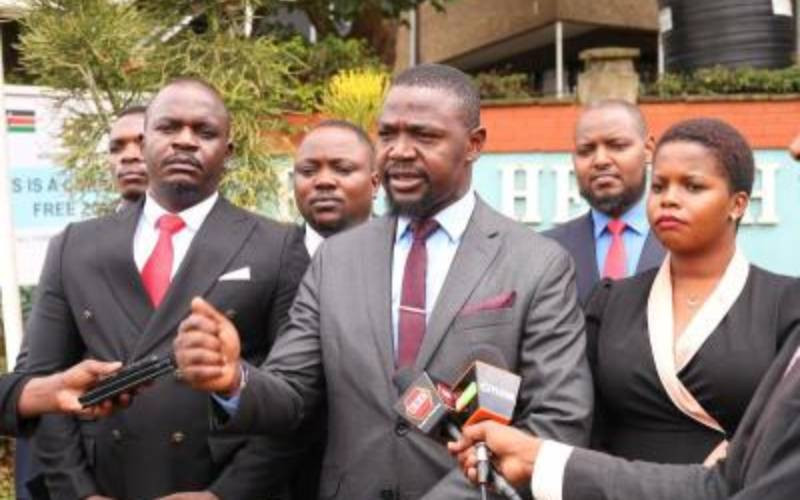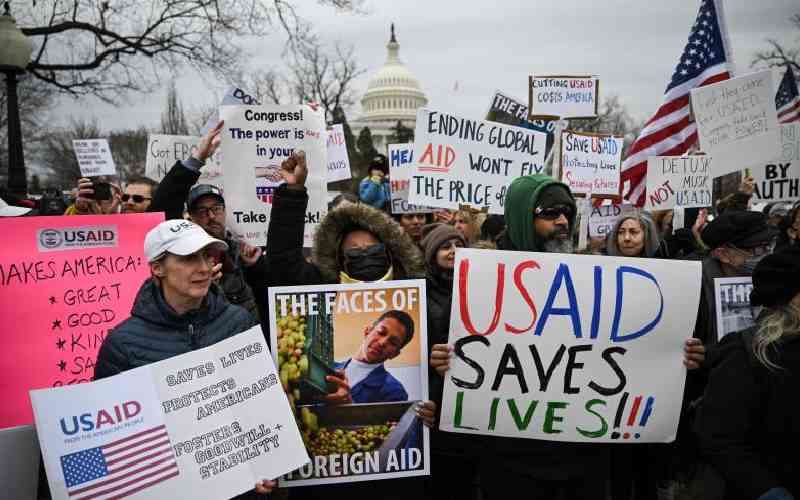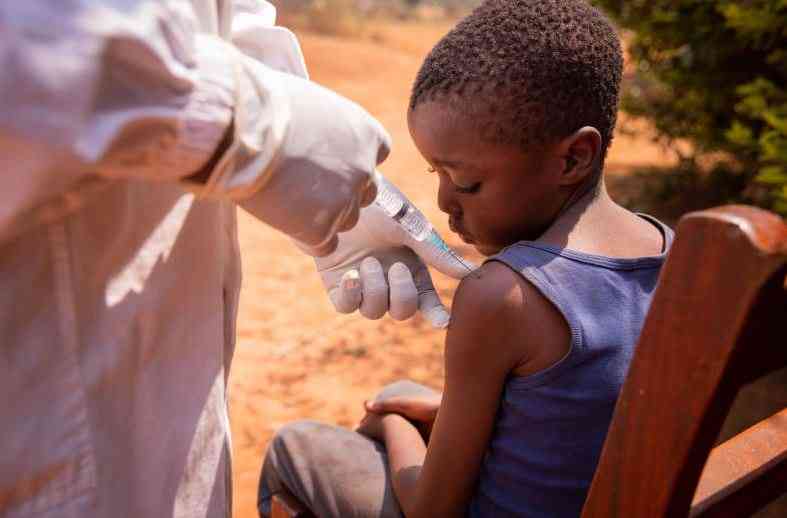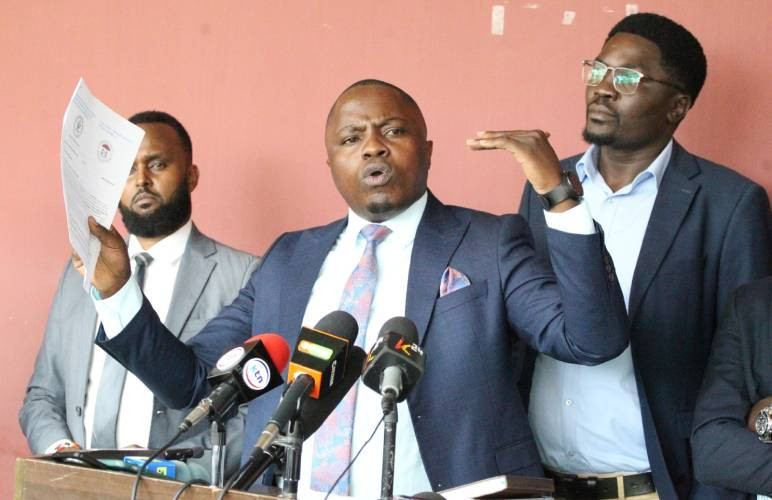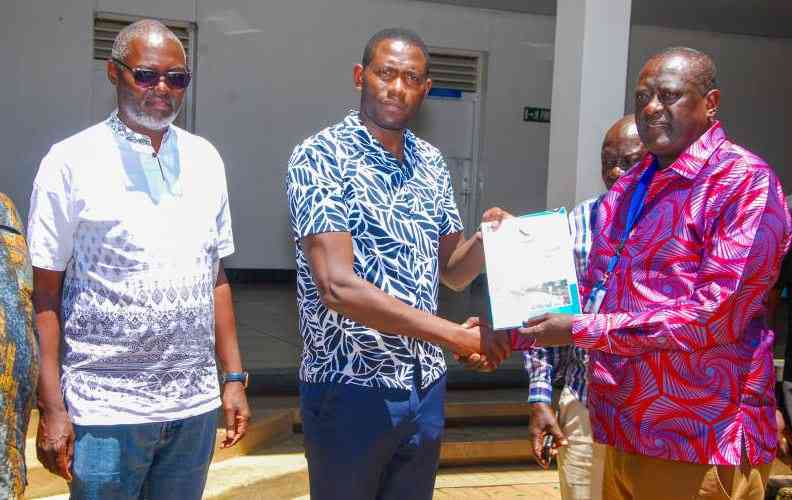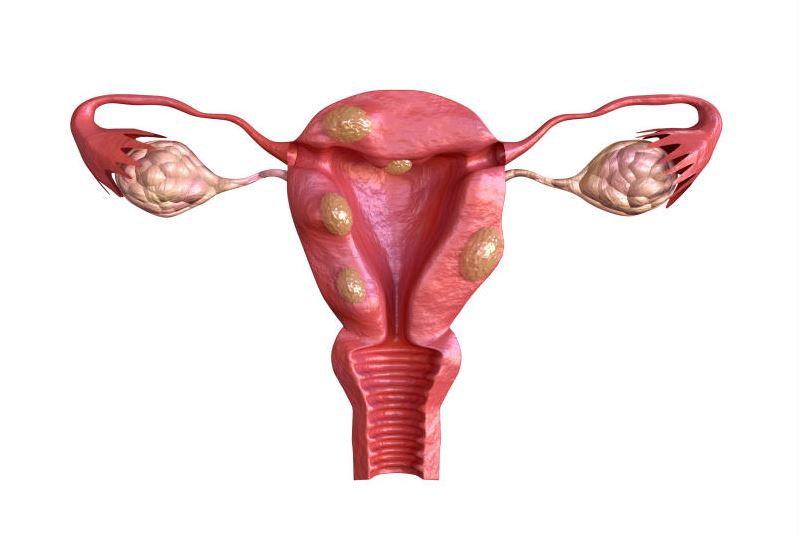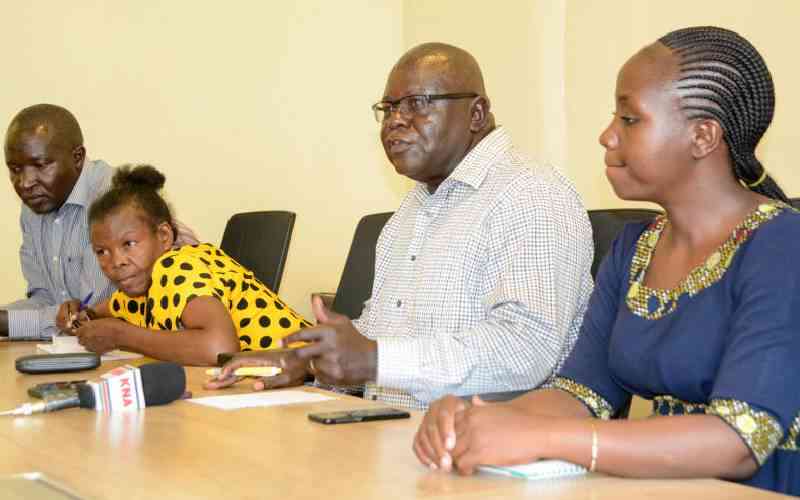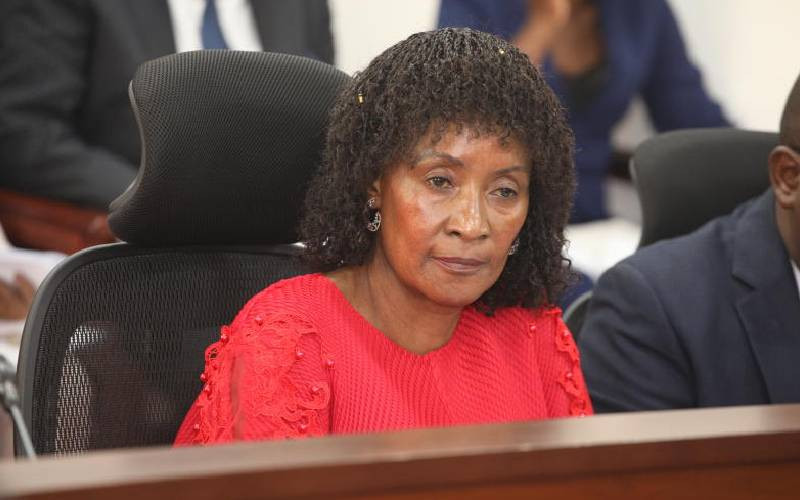
As Kenya joins the world in commemorating immunisation week, legislators from across Africa and Asia including Kenya gathered in Istanbul to champion for sustainable immunisation financing in their countries.
The two-day forum in Istanbul, organised by the Global Health Advocacy Incubator (GHAI) with support from the Vaccine Alliance, Gavi, marked a watershed moment in parliamentary advocacy for public health.
The meeting came at a critical time when Kenya's vaccine supply is in limbo following the government’s failure to honour a Sh1.6 billion co-financing agreement with Gavi.
The forum brought together 21 Members of Parliament (MPs) from Africa and Asia, including Kenya.
In a statement, GHAI noted that Parliamentarians hold a unique position in the machinery of government.
As elected representatives, GHAI acknowledged that legislatures serve as both the voice of their constituents and as critical oversight bodies for executive actions, with the ability to influence policy, allocate budgets and hold governments accountable making them indispensable allies in the fight against vaccine-preventable diseases – diseases that continue to claim far too many young lives.
"We have witnessed a powerful convergence: 21 parliamentary leaders have come together to issue a landmark call to action," said Vandana Shah, Vice President of Health Systems Strengthening at GHAI.
"They are demanding their governments prioritize domestic immunization funding to reach every child, eliminate the tragedy of zero-dose children, and safeguard both public health and global security."
- CS says State will procure 2 million Mpox jabs, warns on false reports
- Kenya's Mpox cases rise to four
- Kenya confirms fifth Mpox case
- Vaccine alliance says world better positioned against mpox than for Covid
Keep Reading
The forum brought together parliamentary champions from Kenya, Cameroon, Cote d'Ivoire, Ghana, Laos, Liberia, Madagascar, Nigeria, Sierra Leone and Zambia.
The officials also serve as health advocates, with 16 serving on health committees, two chairing existing Parliamentary Immunization Caucuses, and others holding key positions in finance and national immunisation advisory groups.
Kenya’s Dr James Nyikal, Chairperson of the National Assembly’s Departmental Committee on Health, attended the high-level meeting.
The objective was to foster collaboration, share effective strategies, develop actionable plans and establish a parliamentary network dedicated to increasing political will and domestic resources for sustainable immunisation financing. With many countries navigating Gavi transitions and the Alliance’s crucial 2026-2030 replenishment.
The forum culminated in the adoption of the Istanbul Parliamentary Call to Action for Immunization Financing.
In the forum, parliamentarians called on their governments to rapidly adopt policies to mobilise domestic resources for immunisation and primary health care and meet Gavi co-financing obligations, demonstrating commitment and ensuring program continuity.
Additionally, they called for establishment of transparent, sustainable long-term financing mechanisms for increased country ownership, and support high-quality regional vaccine manufacturing to strengthen supply resilience.
The Call to Action also urged international partners and donors to continue robust investment in immunization, including supporting Gavi's ambitious goal to raise $9 billion for its 2026-2030 period.
Availability of vaccines, according to GHAI, is vital to protect 500 million more children, enable responses to 150 disease outbreaks, and support the introduction of new life-saving vaccines.
Dr Nyikal emphasised the urgent need for the government to procure all essential childhood vaccines to prevent potential outbreaks.
“Vaccines are critical. We must have them,” the Seme MP told The Standard in a previous interview, adding that the committee is awaiting a report from the Ministry of Health on vaccines for consideration during budget programming.
Hamzah Mangal Zekrya, Senior Manager of Strategic Partnership at Gavi, acknowledged civil society organisations saying they often voice perspectives that parliamentarians may be politically constrained from expressing.
Gavi has helped immunise 1.1 billion children since 2000.
Gavi's new network with parliamentarians and individuals in the country is expected to help champion the right of every child to grow up healthy and protected from preventable diseases, laying a foundation for a more prosperous future.
Additionally, the Istanbul call to action stands as both a commitment and a challenge to governments, donors, and parliamentarians to ensure that the life-saving progress made in global immunisation is not only maintained but accelerated in the years to come.
Sadly, newborns in Kenya risk missing out on immunisation, if Gavi makes true its threats of not supplying vaccines, due to failure to honour co-financing of Sh1.6 billion.
Every year, the ministry plans to vaccinate 1.5 million children, but some 300,000 end up missing.
Among childhood vaccines to be affected include Measles Rubella (MR), malaria, pneumococcal conjugate vaccines (PCV), Pentavalent, Human papillomavirus (HPV), Rota virus vaccine that prevents diarrhoea that causes neonatal deaths, Typhoid Vaccine (TCV) and Yellow Fever (YF).
In a letter dated January 28, 2025, Gavi formally reminded the Kenyan government of its co-financing obligation for the 2024/25 fiscal year.
The donor warned that failure to pay by the June 2025 deadline could severely disrupt vaccine supply chains, which require a three-month lead time for delivery.
Kenya has recently experienced persistent shortages of infant vaccines due to inadequate budgetary allocation
 The Standard Group Plc is a multi-media organization with investments in media platforms spanning newspaper print
operations, television, radio broadcasting, digital and online services. The Standard Group is recognized as a
leading multi-media house in Kenya with a key influence in matters of national and international interest.
The Standard Group Plc is a multi-media organization with investments in media platforms spanning newspaper print
operations, television, radio broadcasting, digital and online services. The Standard Group is recognized as a
leading multi-media house in Kenya with a key influence in matters of national and international interest.

